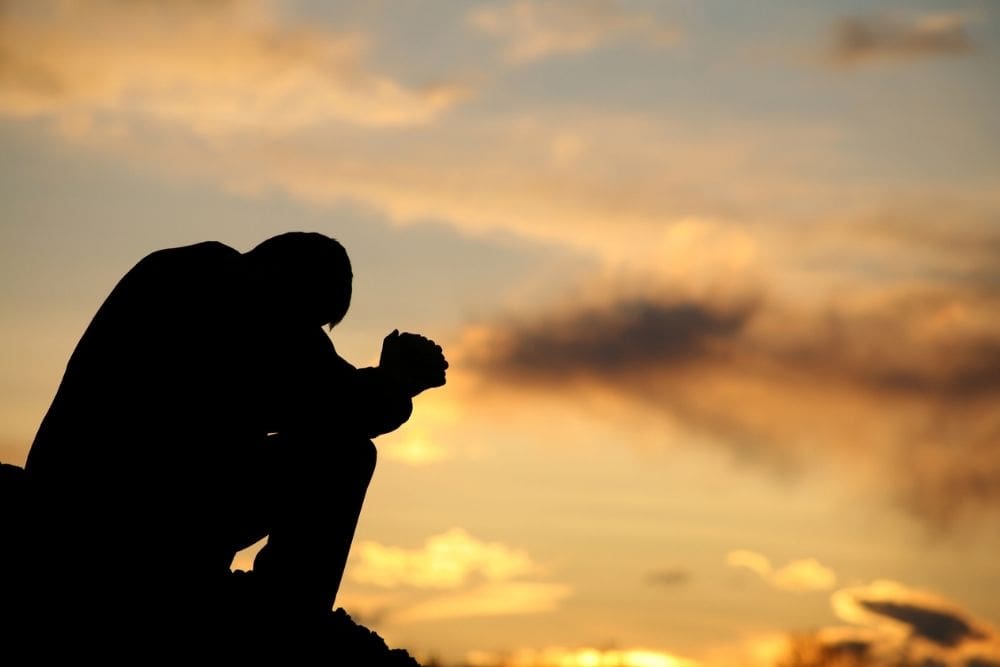Peril of Hope, by Robert Frost
It is right in there
Betwixt and between
The orchard bare
And the orchard green,
When the boughs are right
In a flowery burst
Of pink and white,
That we fear the worst.
For there’s not a clime
But at any cost
Will take that time
For a night of frost.
In 1962, American poet Robert Frost published “Peril of Hope” in a collection of poems called In The Clearing. The larger theme of the collection points toward finding light in the darkness and remaining hopeful when despair is all too easy to embrace.
However, “Peril of Hope” speaks most strongly about the active process of looking for hope despite difficult experiences. In this way, the poem closely relates to addiction recovery. Our clients in residential addiction treatment often struggle with fearing the worst even when their sobriety is strong. Frost understands this too when he writes these lines:
It is right in there
Betwixt and between
The orchard bare
And the orchard green
Hope is the element that connects the bare orchard to the possibility of a brighter one. When cognitive behavioral therapy brings up intense memories of pain and shame—or the period of being in detox feels never-ending and horrible—there is always a positive outcome: sobriety and the clarity it brings.
We understand too that even when things seem rosy, restored, and balanced, our clients can feel a certain fear or anxiety.
- Will I relapse?
- Will an unknown trigger surface, throwing me off guard?
- Am I deserving of the happiness and restoration that I’m currently experiencing?
- Have my family and friends actually forgiven me?
- Am I worthy of the love I received that got me to this better place?
These are all questions that you or a loved one may be asking in newfound sobriety, and these fears move us along to the second part of the poem:
When the boughs are right
In a flowery burst
Of pink and white,
That we fear the worst.
Recovery is a rollercoaster, a long-term game, a constant battle, and a rewarding balancing act. It’s common to feel anxiety or question the validity of your progress when you’re doing well in recovery. That’s why we offer non-12-step group therapy—to help you express, normalize, and work through moments when you ‘fear the worst.’
Frost communicates at the very end of his poem perhaps the most crucial aspect to grasp in recovery and, arguably, life in general: acceptance. To leave the dark, cold night of addiction behind for the bright day of sobriety is an interconnected process. To step into the light, we must first stand in darkness:
For there’s not a clime
But at any cost
Will take that time
For a night of frost.
It’s helpful to know that the time taken is meaningful and necessary for your journey.
Who Was Robert Frost, and How Does His Life Speak To Recovery?
An American poet with ties to New England and Europe, Robert Frost was no stranger to tragedy, trauma, and, more likely than not, alcoholism. Born in the late 1800s and passing away in the early 1960s, drinking to excess may have been much more normalized when Frost was alive.
However normalized, some may also call Frost’s unhealthier drinking habits a coping mechanism—as addiction can often be. Frost experienced all of the following throughout his lifetime:
- The death of his father in childhood
- The passing of his two children before they reached adulthood
- Both his sister and daughter being committed to mental institutions
- The suicide of his adult son, Carol
- The death of his wife due to heart disease
With all this in mind, it’s beautiful and bittersweet to discover that Frost published “Peril of Hope” just a year before he passed. His conclusion about life may have been that despite its tragedy, it’s ultimately beautiful.
Receive Residential Treatment For Alcoholism in Iowa
If you or someone you know is struggling in recovery, working up the courage to enter treatment, or needing help to see the light at the end of life’s many tunnels—contact us today. Our compassionate team can help you find hope.




